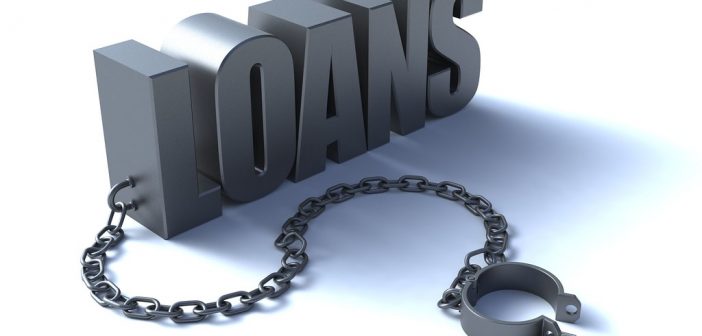In India’s dynamic financial landscape, unsecured loans have emerged as a popular avenue for individuals seeking quick access to credit without the need for collateral. While unsecured loans offer flexibility and convenience, they also pose significant risks for both borrowers and lenders alike. In this article, we delve into the complexities of unsecured loans in India, exploring their problems, pros, cons, default rates, and various types.
Understanding Unsecured Loans:
Unsecured loans, also known as personal loans, are financial products that do not require borrowers to pledge any assets as collateral. Unlike secured loans, which are backed by tangible assets such as property or vehicles, unsecured loans are granted solely based on the borrower’s creditworthiness and income stability.
The Problems of Unsecured Loans in India:
- High Interest Rates: Unsecured loans typically carry higher interest rates compared to secured loans, reflecting the increased risk borne by lenders. The absence of collateral means that lenders have limited recourse in the event of default, leading to higher borrowing costs for consumers.
- Limited Borrowing Limits: Due to the lack of collateral, unsecured loans often have lower borrowing limits compared to secured loans. This can constrain individuals seeking substantial financing for major expenses such as home renovations, education, or medical emergencies.
- Risk of Default: Unsecured loans are inherently riskier for lenders, as they lack the security provided by collateral. In the event of borrower default, lenders may resort to aggressive debt collection practices, including legal action, asset seizure, and credit reporting.
- Impact on Credit Score: Defaulting on an unsecured loan can have severe consequences for the borrower’s credit score and financial health. A negative credit history can impair future borrowing capabilities, limit access to credit cards and mortgages, and increase the cost of borrowing in the long run.
- Predatory Lending Practices: In India, the proliferation of unregulated lending practices has led to the emergence of predatory lenders who target vulnerable individuals with deceptive marketing tactics and exorbitant interest rates. Borrowers must exercise caution and conduct thorough research before entering into loan agreements with unfamiliar lenders.
Pros and Cons of Unsecured Loans:
- Pros:
- Quick Approval Process: Unsecured loans typically have faster approval times compared to secured loans, making them ideal for individuals in need of immediate funds.
- No Collateral Requirement: Unsecured loans do not require borrowers to pledge assets as collateral, eliminating the risk of asset seizure in the event of default.
- Flexible Use of Funds: Borrowers can use unsecured loan proceeds for a variety of purposes, including debt consolidation, home improvements, travel expenses, and wedding ceremonies.
- Cons:
- Higher Interest Rates: Unsecured loans often carry higher interest rates compared to secured loans, resulting in increased borrowing costs over the loan term.
- Limited Borrowing Limits: Unsecured loans typically offer lower borrowing limits compared to secured loans, limiting access to larger sums of capital for major expenses.
- Risk of Default: The absence of collateral increases the risk of default for lenders, leading to potential legal action, asset seizure, and damage to the borrower’s credit score.
Types of Unsecured Loans:
- Personal Loans: Personal loans are the most common type of unsecured loan, offering borrowers access to funds for various personal expenses such as medical bills, home repairs, and education expenses.
- Credit Cards: Credit cards function as revolving lines of credit, allowing cardholders to make purchases and borrow money up to a predetermined credit limit. Credit card debt is unsecured, and failure to repay outstanding balances can result in high-interest charges and penalties.
- Payday Loans: Payday loans are short-term, high-interest loans designed to provide borrowers with immediate cash advances until their next paycheck. Payday loans often carry exorbitant interest rates and fees, making them a costly form of credit.
In conclusion, while unsecured loans offer borrowers flexibility and convenience, they also present significant risks and challenges, including high-interest rates, limited borrowing limits, and the risk of default. Borrowers must exercise caution and conduct thorough research before entering into loan agreements, while lenders must adhere to responsible lending practices to mitigate the risk of default and protect consumers’ financial well-being. As India’s financial landscape continues to evolve, fostering transparency, accountability, and consumer education is paramount to ensuring the equitable and sustainable growth of the unsecured lending market.





